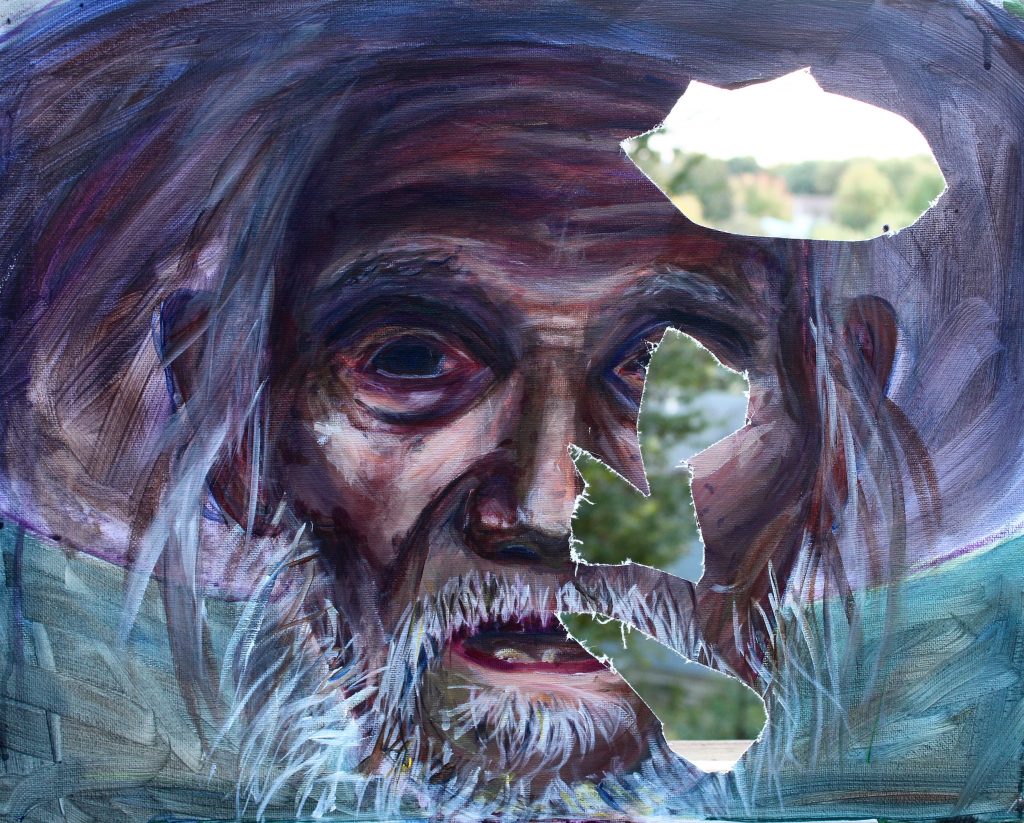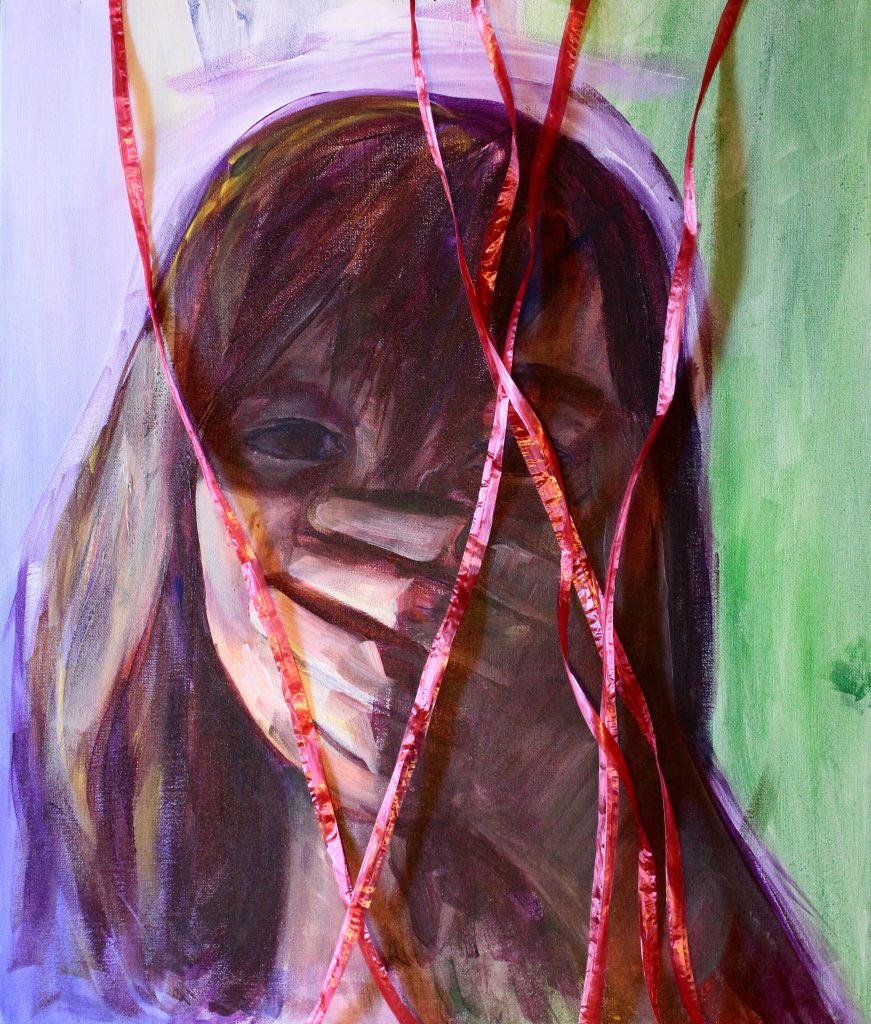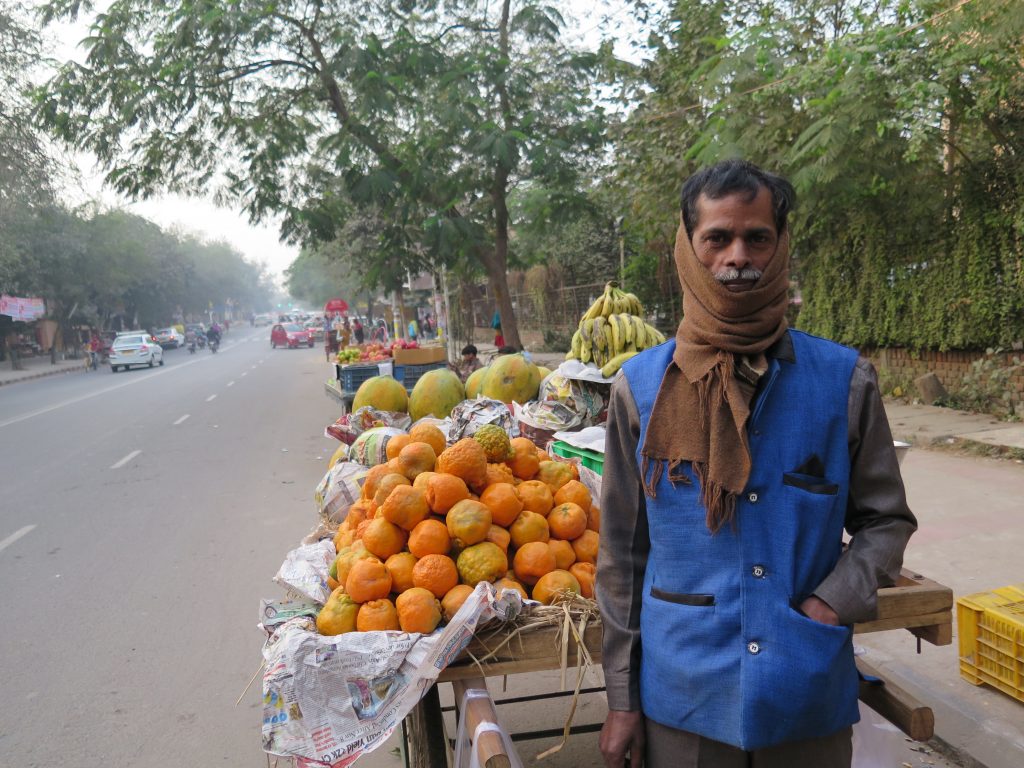Marble curls clench, blown by an ancient wind
while blind, white eyes search skies
I’ve never seen.
Even in the stillness, he is beautiful.
It may be something in the noble cast of his nose,
the grace of his cheeks or the gape of his lips,
and by being just a head he is perhaps
lovelier than in life, and wiser, too, having won
empires, hearing his son called “great,”
knowing what it is to plumb time,
to die to motion, to witness five hundred
million moments and to be
only one of them.
Arah Ko is an English Major in the Chicago area. When not writing, she can be found frequenting open mic nights, explaining her name pronunciation to coffee shop baristas, and contemplating the meaning of life, other than 42.




